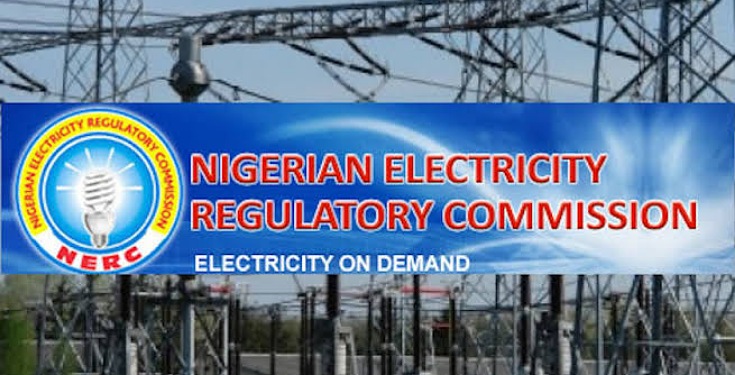Chairman of Nigerian Electricity Regulatory Commission (NERC), Sanusi Garba, says the Federal Government will continue to subsidise electricity to ease the financial burden on citizens amid the economic challenges in the country.
Garba who made this known during a news conference in Abuja on Wednesday, said: Government has decided for now, arising from the cost of living crisis and so many others, to in the meantime continue to subsidise electricity.”
“In the new tariff order just published by the commission, you will discover that tariff is not going up but you will see what the Electricity Distribution Companies (DisCos) should be charging.
“You will also see in the tariff order the amount of subsidy the government will be providing to cover the gap between what they will charge and what they are allowed to charge.”
He said the new tariff includes what DisCos are permitted to charge under government policy if they are to remain in service.
Garba said NERC inserted various provisions in the tariff to guarantee that DisCos pay what they are required to pay.
“The DisCos are in the business of buying electricity from the Nigeria Bulk Electricity Trading Company (NBET), so they are to pay,” he added.
READ ALSO: ‘Update Your Prepaid Meter Before November 2024 Or You May Be Unable To Recharge’ – NERC Urges Users
The Electricity Act signed by President Bola Tinubu in 2023, according to the NERC Chairman, allows states to create laws and manage electricity in their franchise areas.
The Commission, he said, is committed to working with the states to ensure that existing public utilities are nurtured to offer services to Nigerians and are used for their intended purposes.
On metering, Garba said NERC had identified DisCos face challenges with financing to meter their customers.
Garba furthered that the inability of DisCos to raise the requisite capital from banks has a negative influence on metering rates.
“To reduce the rate of estimated billing, the commission created a framework under which the distribution companies can raise some amount of money to meter customers.
“So we decided that from the market revenues, we set aside a fixed amount that is dedicated for the provision of metering
“We are not saying that the money from the market on a monthly basis is the money to buy a meter,” he explained.
He said the fund serves as a potential lender, providing a channel for DisCos to repay any loans obtained to provide metres.





